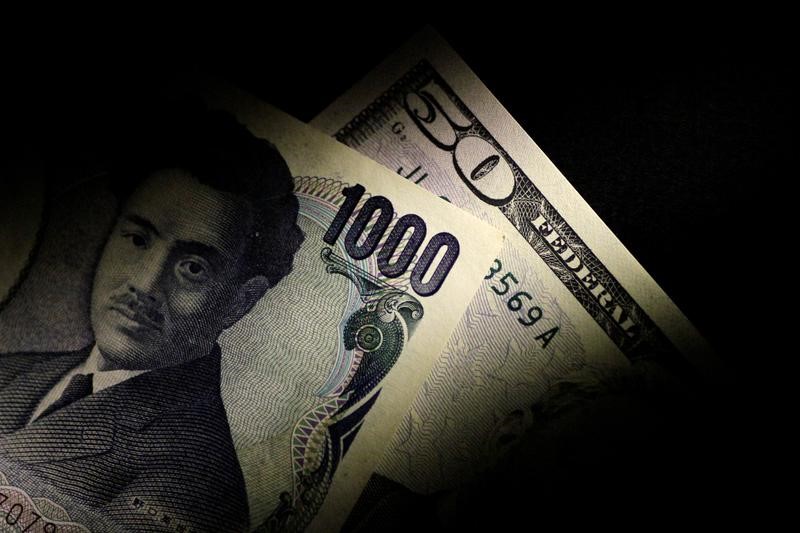Asia FX weakens with yen near 3-mth low; dollar firm on rates, election jitters
Most Asian currencies moved in a flat-to-low range on Tuesday with the Japanese yen hitting its weakest level since late-July, while the dollar steadied near recent peaks with focus on interest rates and the upcoming presidential election.
Regional currencies were nursing losses over the past two weeks as increased bets on a slower pace of rate cuts by the Federal Reserve boosted the dollar. Several comments from policymakers also presented a cautious stance on future rate cuts.
Stimulus measures from China did little to buoy sentiment towards Asia, while the yuan weakened this week after the People’s Bank of China cut benchmark rates slightly more than expected. Japanese yen weakens, USDJPY near 151
The Japanese yen was among the worst hit by recent doubts over U.S. interest rates, especially amid growing uncertainty over the Bank of Japan’s ability to hike interest rates further this year.
The yen’s USDJPY pair rose 0.1% on Tuesday and was trading just below 151 yen- its highest level since late-July.
The yen weakened even as Japanese officials made verbal warnings on potential government intervention.
Weakness in the yen came as a change in the Japanese government’s leadership sparked doubts over whether the BOJ will be able to hike rates further. New Prime Minister Shigeru Ishiba explicitly stated that the Japanese economy could not handle more rate hikes.
Ishiba declared a snap election, which is set to take place later in October. The BOJ is also set to meet at the end of the month.
Before that, Tokyo consumer inflation data is due later this week and is expected to factor into the outlook for rates.
Broader Asian currencies were mostly weaker. The Chinese yuan’s USDCNY pair rose 0.1% and was close to a two-month high, after the PBOC cut its benchmark loan prime rate on Monday.
The Australian dollar’s AUDUSD pair rose 0.3% as it recovered from four weeks of bruising losses. The South Korean won’s USDKRW pair rose 0.2%, while the Indian rupee’s USDINR pair remained above 84 rupees, near record highs. Dollar near August highs amid rate, election uncertainty
The dollar index and dollar index futures both steadied in Asian trade after hitting their highest levels since early-August.
The greenback was buoyed by safe haven demand as traders turned risk-averse with about two weeks left until the 2024 presidential election. Recent polls pointed to a tight race between Donald Trump and Kamala Harris.
The dollar was also buoyed by increasing bets that the Fed will cut rates at a slower pace. Traders were seen widely positioning for a 25 basis point cut in November, smaller than the 50 bps cut seen in September, CME Fedwatch showed.
Source: Investing.com
